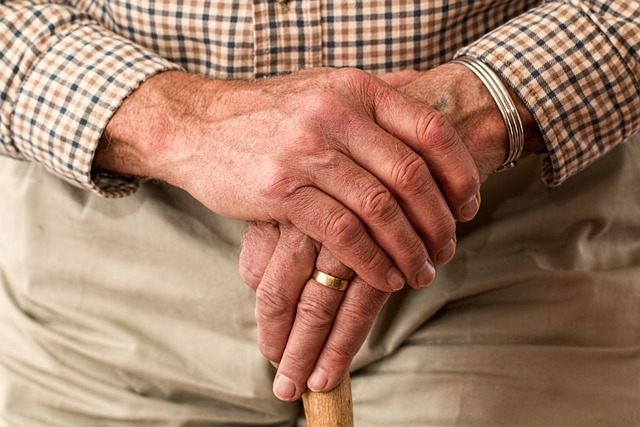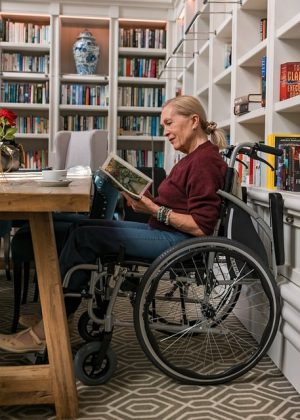“Caring for aging loved ones can be an admirable yet challenging task, prompting many families to seek Elderly Companion Services as a valuable solution. This article explores the multifaceted benefits of these services in easing caregiving burdens. We’ll guide you through the process of selecting the perfect companion for your family, offering insights into what makes a match. Furthermore, effective communication strategies between caregivers and elderly clients will be outlined to ensure positive and meaningful interactions. Discover how Elderly Companion Services can enhance quality of life for both families and their loved ones.”
- Understanding Elderly Companion Services: Benefits for Families
- How to Choose the Right Elderly Care Companion for Your Loved One
- Strategies for Effective Communication Between Caregivers and Elderly Clients
Understanding Elderly Companion Services: Benefits for Families

Elderly Companion Services offer a valuable support system for families caring for aging loved ones. These services provide companionship and assistance with daily tasks, allowing seniors to maintain their independence and quality of life. Professionals trained in elderly care ensure safety, offer emotional support, and manage medical needs, easing the burden on family caregivers.
By utilizing Elderly Companion Services, families gain peace of mind knowing their loved ones are in capable hands. It allows for a better work-life balance as caregiver responsibilities are shared, preventing burnout and promoting long-term care. These services cater to various needs, from light assistance with household chores to more intensive medical monitoring, catering to the unique requirements of each senior and family dynamic.
How to Choose the Right Elderly Care Companion for Your Loved One

Choosing the right elderly care companion is a crucial decision for any family looking into elderly companion services. It involves careful consideration of your loved one’s unique needs, abilities, and preferences. Start by assessing their level of mobility, cognitive function, and daily living requirements. A top-tier companion service will provide caregivers who specialize in these areas to ensure a personalized experience.
Don’t underestimate the importance of personality alignment. Your loved one should feel comfortable and at ease with their caregiver. Some services offer comprehensive training and screening for caregivers, which is beneficial for both parties. Look for references and insurance coverage as well, ensuring that you’re hiring reliable, professional care.
Strategies for Effective Communication Between Caregivers and Elderly Clients

Effective communication is a cornerstone of quality caregiving, especially for those providing elderly companion services. Caregivers should adopt strategies that foster open dialogue and understanding between them and their clients. One key approach is active listening—carefully attending to what the elderly client is saying, asking clarifying questions, and reflecting back what has been understood. This demonstrates respect and ensures that care plans meet individual needs.
Additionally, simple and clear language should be used to avoid confusion. Caregivers can also employ visual aids or technology to enhance communication, such as using tablets for video calls with family members or displaying written reminders for daily routines. Encouraging feedback from the elderly clients themselves is vital; this two-way exchange allows care receivers to express preferences and concerns, fostering a collaborative environment that improves overall well-being.
Elderly Companion Services provide a vital support system for families, ensuring their loved ones receive personalized care while alleviating caregiver stress. By understanding the benefits, making informed choices, and fostering open communication, families can navigate this journey with confidence. These strategies not only enhance the quality of life for elderly individuals but also strengthen the bond between caregivers and clients.






